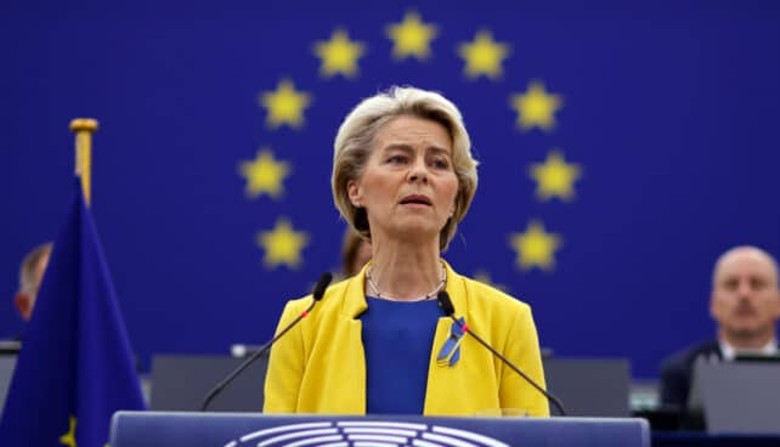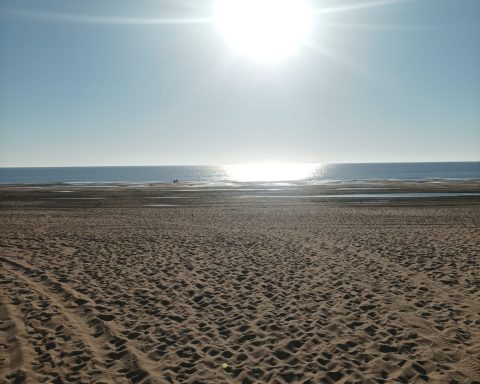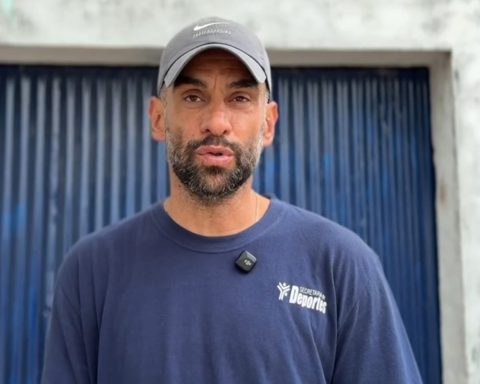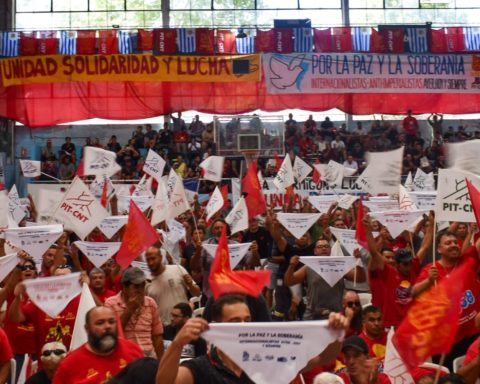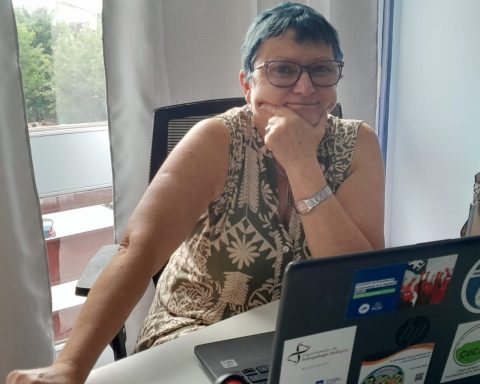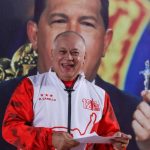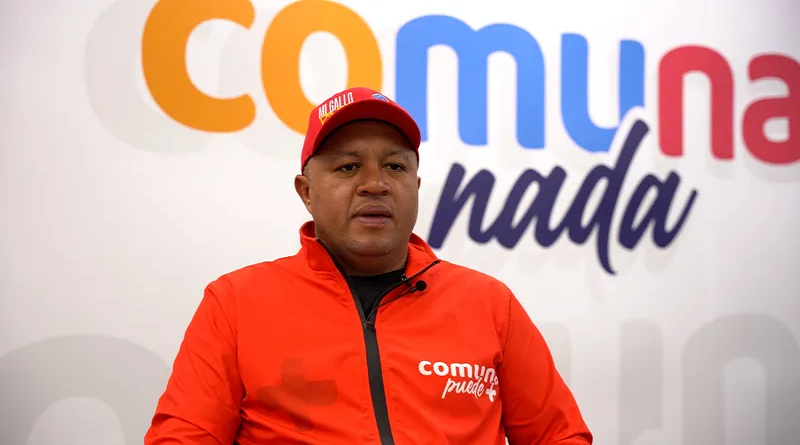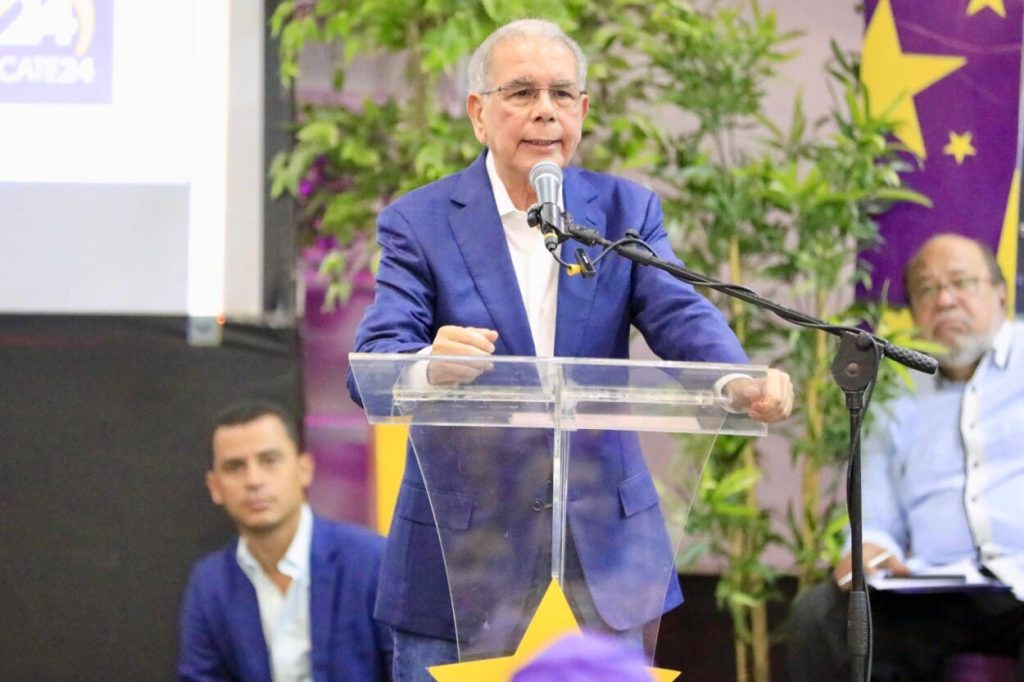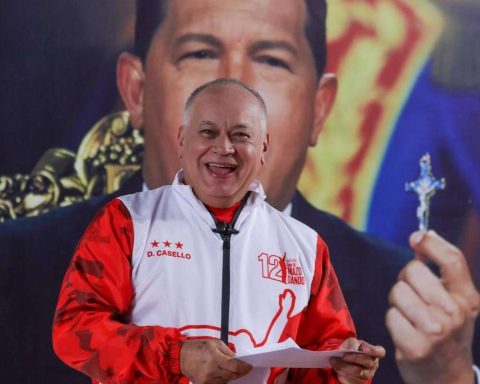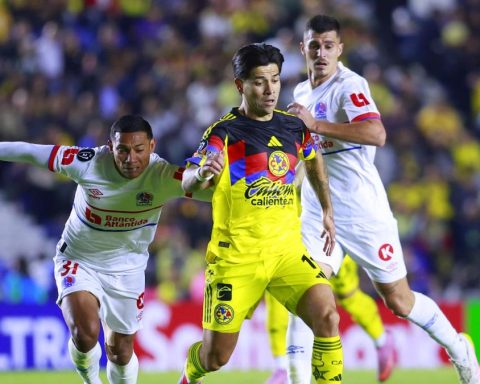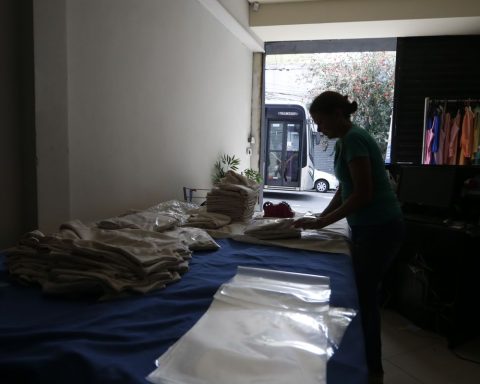As reported by Europa Press, this effort, which arises after 25 years of complex negotiations, faces frontal opposition from France. President Emmanuel Macron described the pact as “unacceptable” in its current form, arguing based on the defense of his country’s “agricultural sovereignty.”
Macron communicated his position to Von der Leyen before the start of the summit, highlighting concerns about the impact of the agreement on French farmers and pointing out the lack of environmental commitments by Brazil and other Southern Cone countries, especially in relation to deforestation and the Paris Climate Agreement.
For her part, Von der Leyen expressed optimism upon arriving in the region, writing on social networks: «Landing in Latin America, the goal of the EU-Mercosur agreement is in sight. “We are going to work and we are going to cross it.” During the summit, he will meet with Mercosur leaders, including President Luis Lacalle Pou, with the aim of closing an agreement that has been under discussion for years.
France’s opposition, in a context of political crisis after the fall of Michel Barnier’s government, contrasts with the position of other member states such as Spain and Germany, which lead the bloc supporting the treaty. In the last ministerial debate in Brussels, a sufficient majority to advance in the European Council was confirmed, despite reservations from Austria, the Netherlands, Poland and Ireland.
The European Commission is studying strategies to “chunk” the agreement, allowing its entry into force not to depend on the unanimous approval of national parliaments. This approach seeks to overcome the French veto, facilitating its implementation through a qualified majority in the Council.
